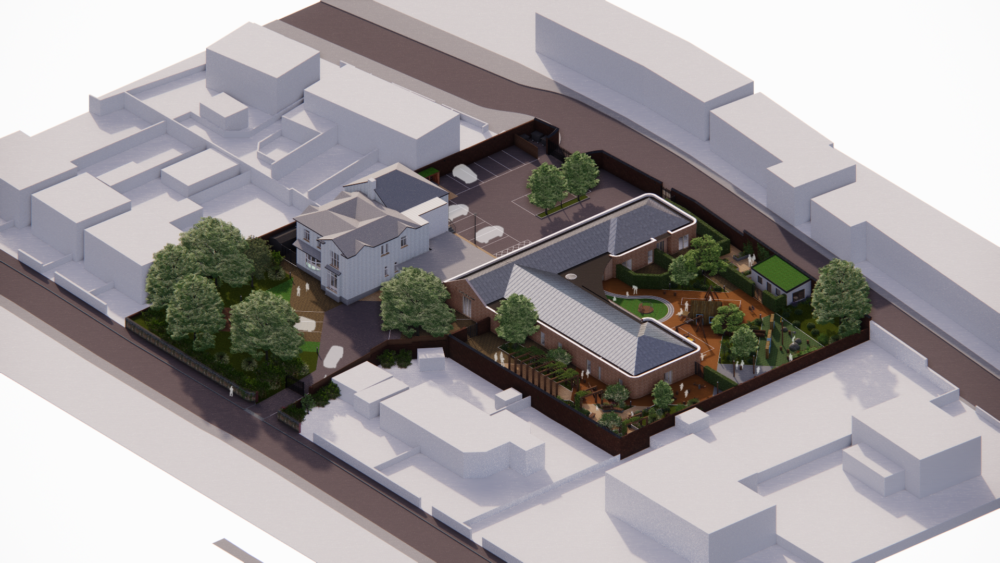
Charity
Guide Dogs For The Blind is appealing for volunteers
3 years ago
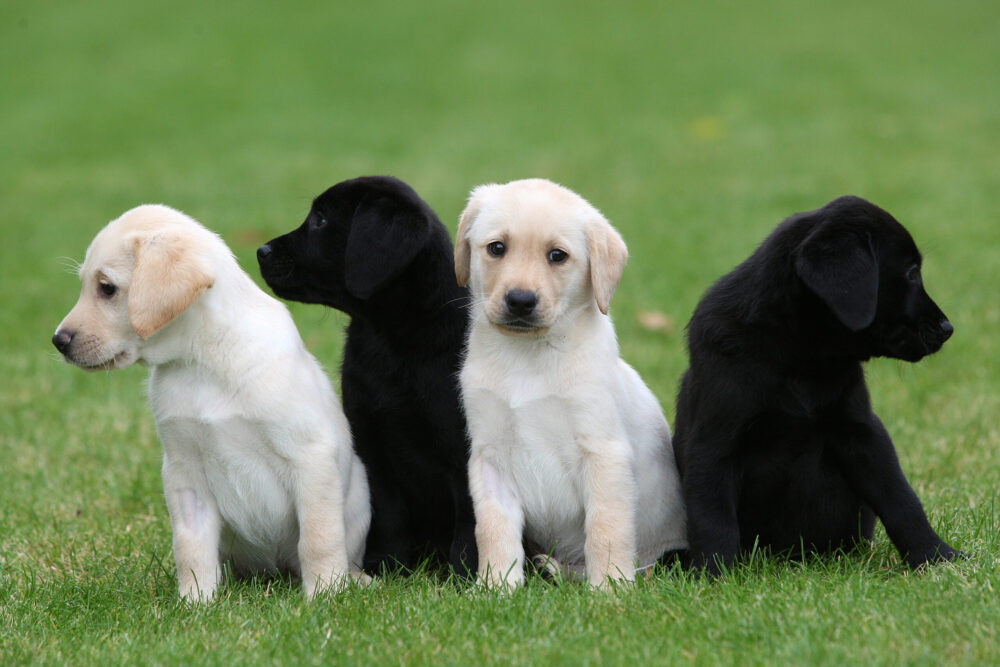
A staggering one person every hour loses their vision in the UK – but with help of a guide dog, they can adjust to the changes and regain their independence.
Guide Dogs For The Blind is appealing for more volunteers across Merseyside to support the work it does helping people with sight loss to get their lives back.
“We have had service users who have lost their sight late in life wanting to take their own lives because it’s been so hard for them to adjust and have to rely on other people,” says Lucy Cropper, volunteering co-ordinator for the charity in Cheshire and Merseyside.
“But after getting involved with us and getting a guide dog, they get a new life, they get their independence back – and everything changes for them.
“They go from being down and depressed to having a hope, and happiness, again.”
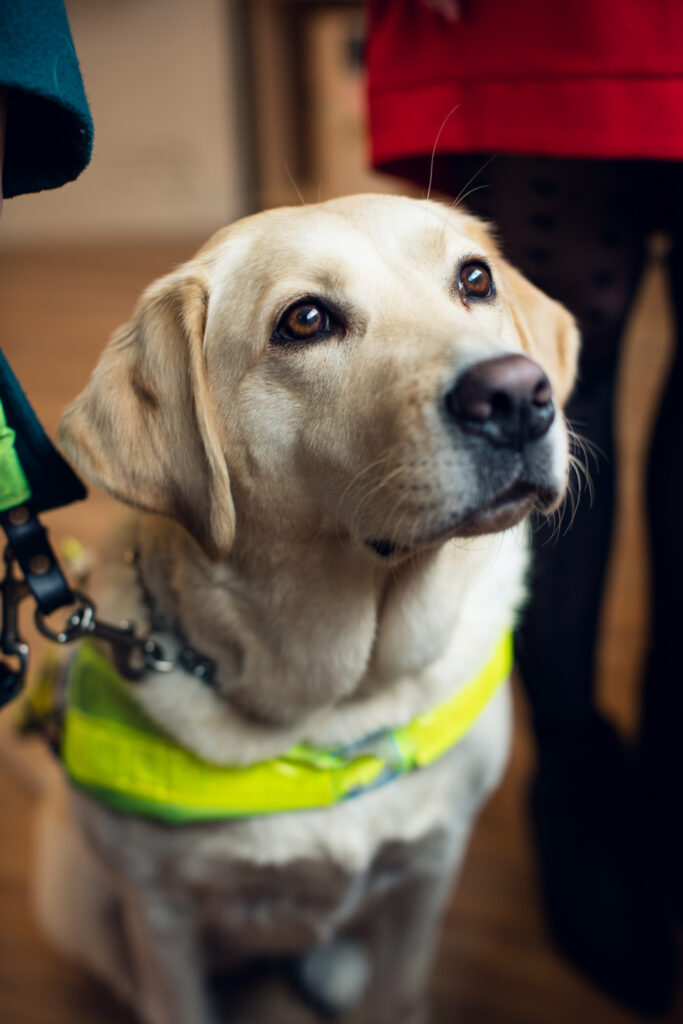
Guide Dogs For The Blind is looking for people to become puppy raisers and fosterers for the charity after numbers, it’s revealed, fell during and after Covid.
“We are still trying to claw back the number of volunteers we need after the pandemic,” explains Lucy. “We lost people who had to stop what they were doing for a period of time, and some of those have gone on to find a new hobby rather than coming back to volunteering with us.
“We are definitely still in the situation where we need a recruitment drive and to ask people to consider volunteering with us.
“It is a huge commitment we are asking from people, and it can be demanding – but the rewards are massive too, in terms of the difference you can make to someone.”
The charity, which has a guide dogs training centre in Knotty Ash, is especially looking for volunteers to become puppy raisers and fosterers.
Puppy raisers take a young dog from around 12 weeks old and raise it within their own home, caring for and training it, and instilling necessary behaviours, with full support from a puppy advisor.
After a year, when the dog is ready for ‘big school’ they hand him or her back, so they can be fully prepared to become a service dog.
“It can be emotional, having to give a dog that’s been part of your family back,” says Lucy, “but you get to see them go on to Guide Dog school and become a fully-fledged guide dog, knowing what a massive and valuable part you have played in that.”
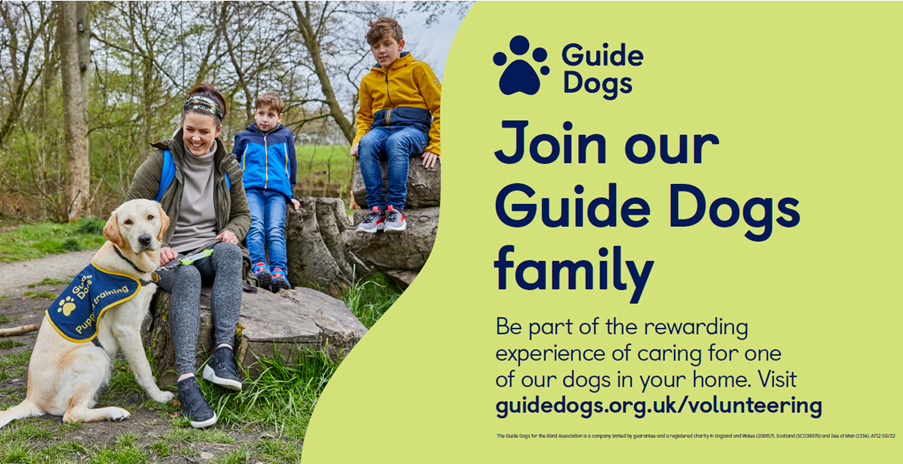
Fosterers take on another full-time role, this time for around seven or eight months, but they have to take the dog to the Knotty Ash training centre daily during the week while they train, and look after them in the evenings and weekends.
“It can be tying. A lot of our volunteers are retired with time to spare,” says Lucy, who adds that the charity pays all costs for the dog. “You get food, travel expenses, etc., so you’re never out of pocket.”
Guide Dogs For The Blind will support anyone wishing to become involved through a recruitment process to make sure any volunteering role is suitable for them, and undertake checks to ensure everything is okay from both sides.
Lucy says the regional puppy advisor usually has 30-35 pups being cared for at any one time in preparation for service, but currently that number if down to around 25.
“It might not sound much, needing 10 more people, but that’s a lot when you realise it can take time to find the right people. But, for those right people, they can be assured of the valuable support they are giving and be proud of the achievement of helping people with sight loss get their lives back.”


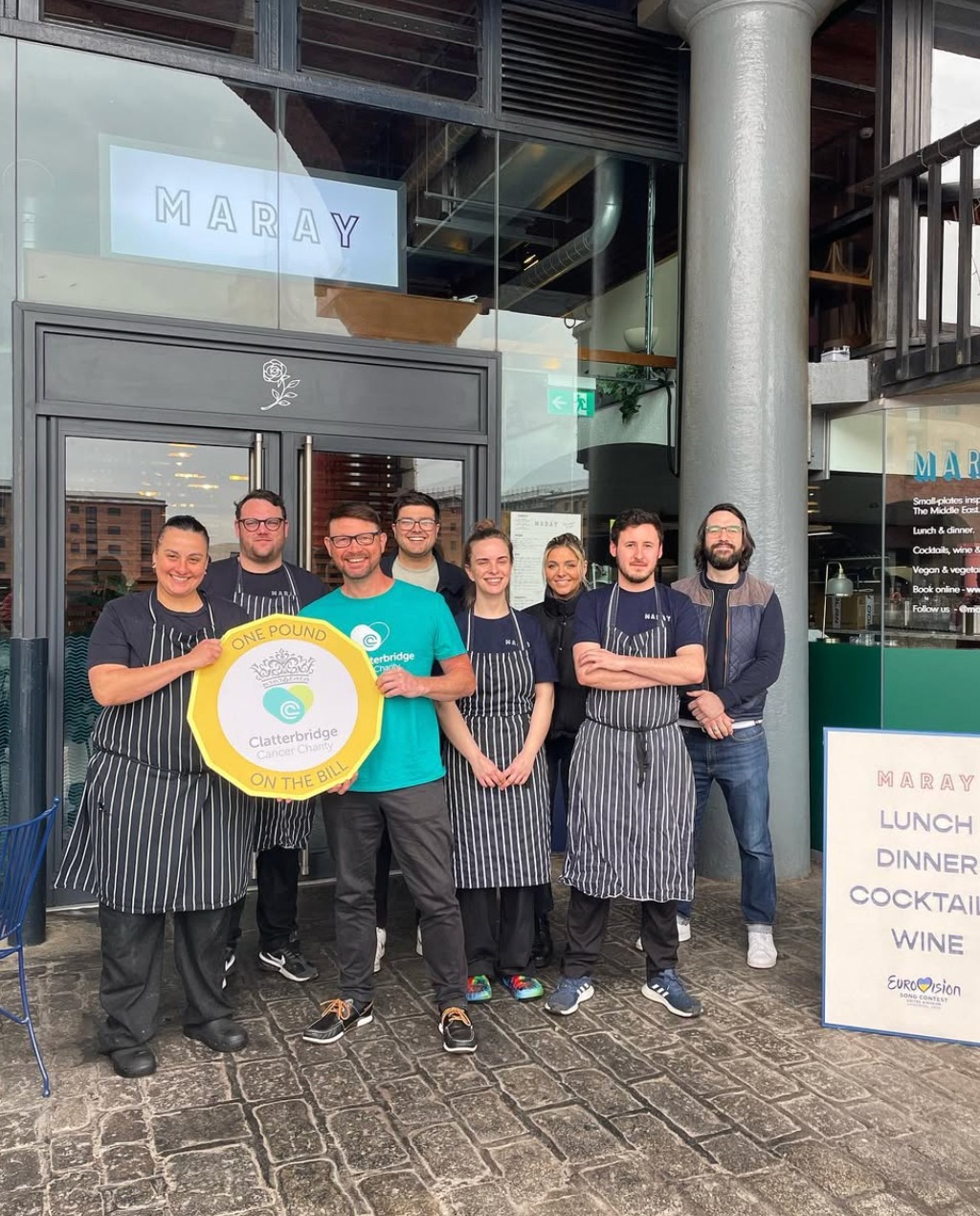
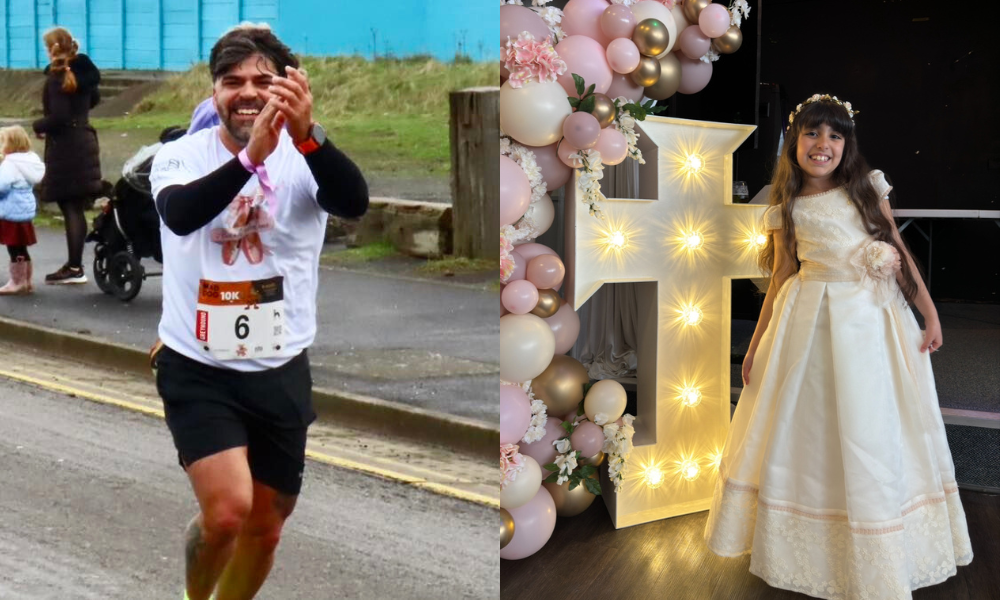
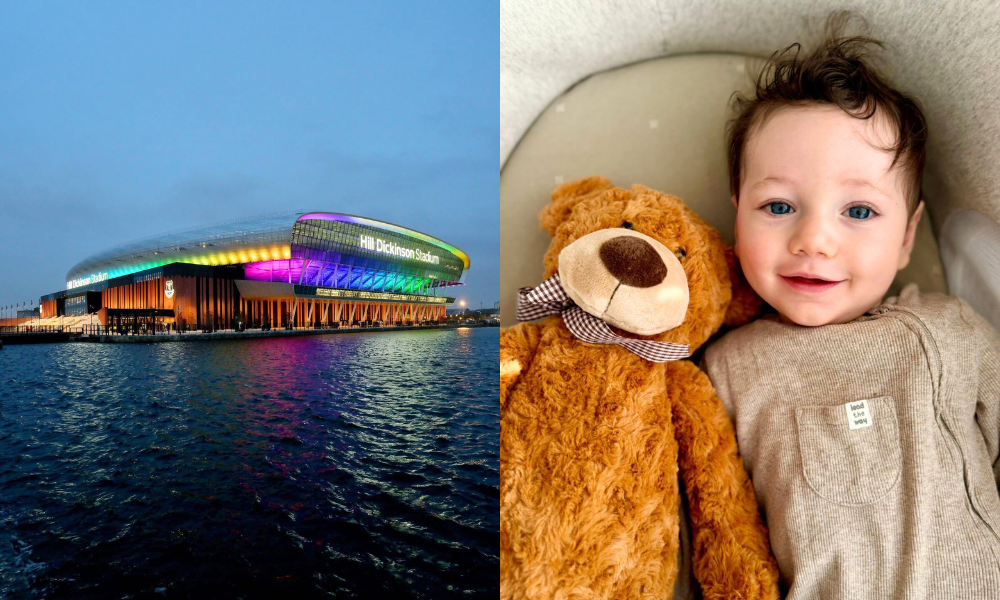
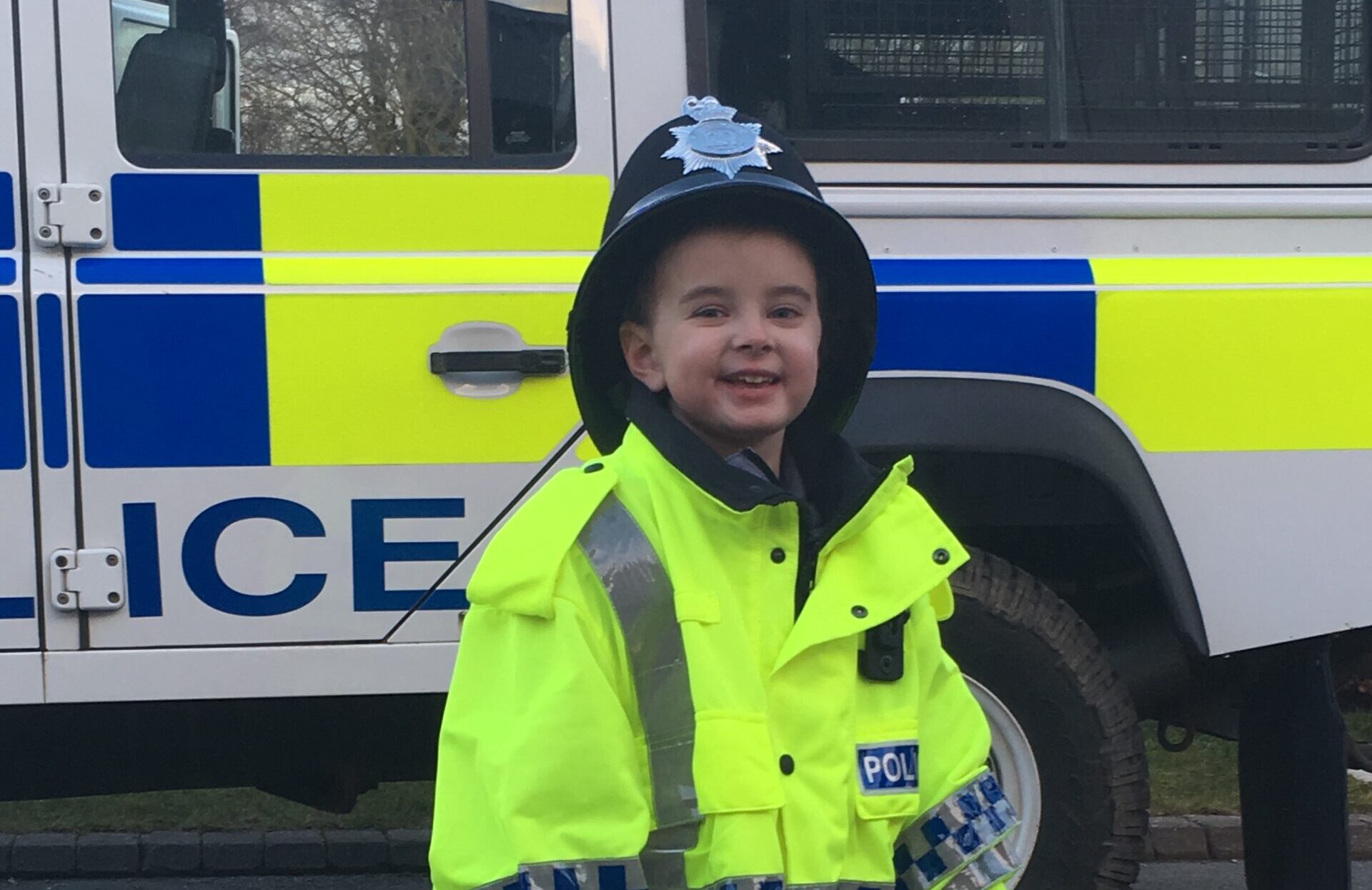
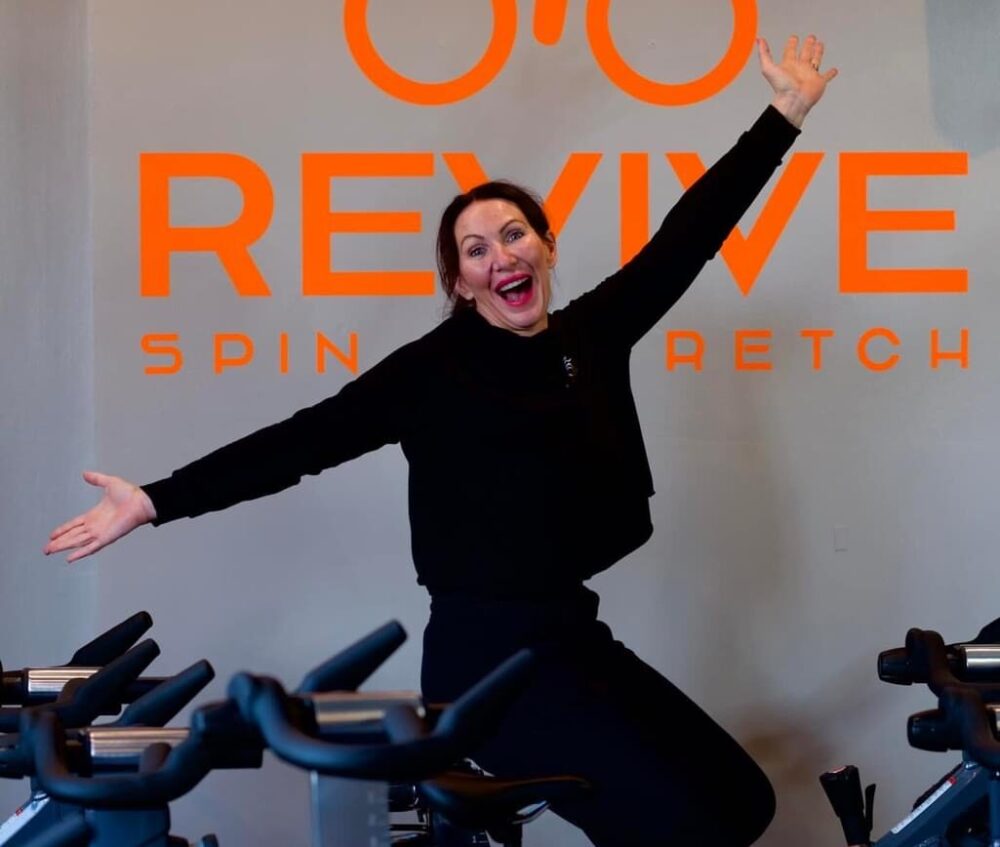
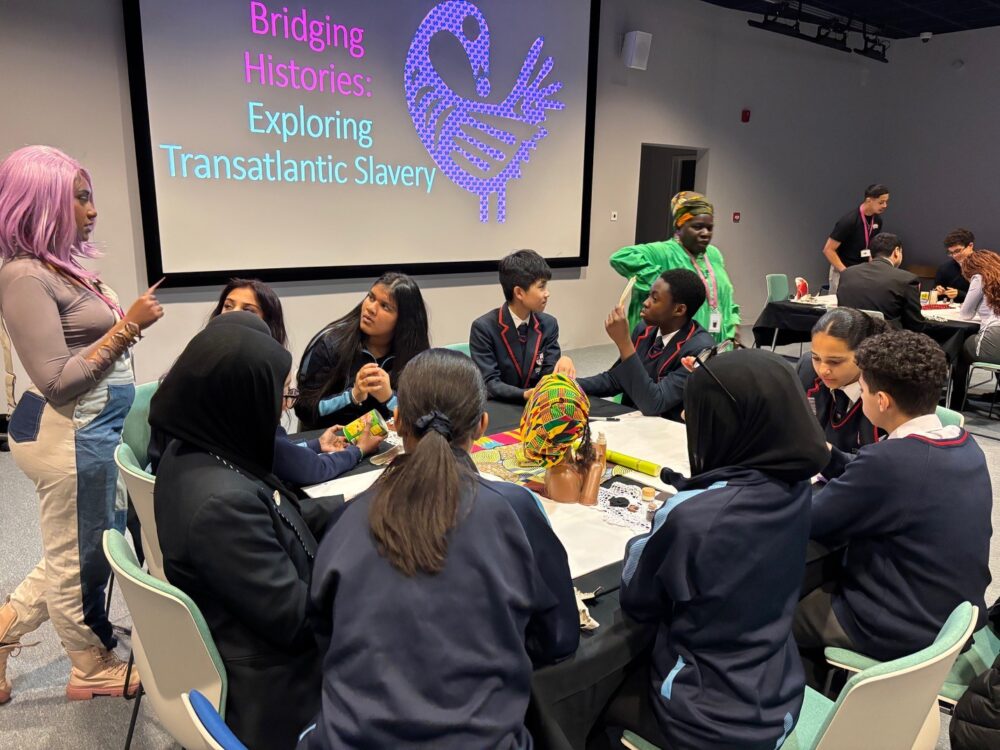
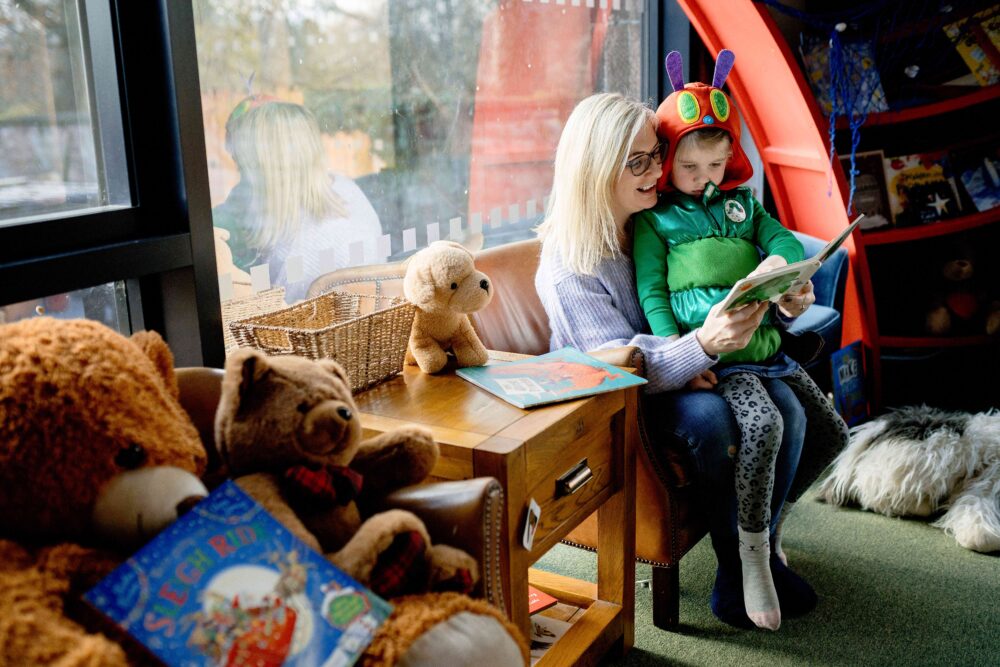
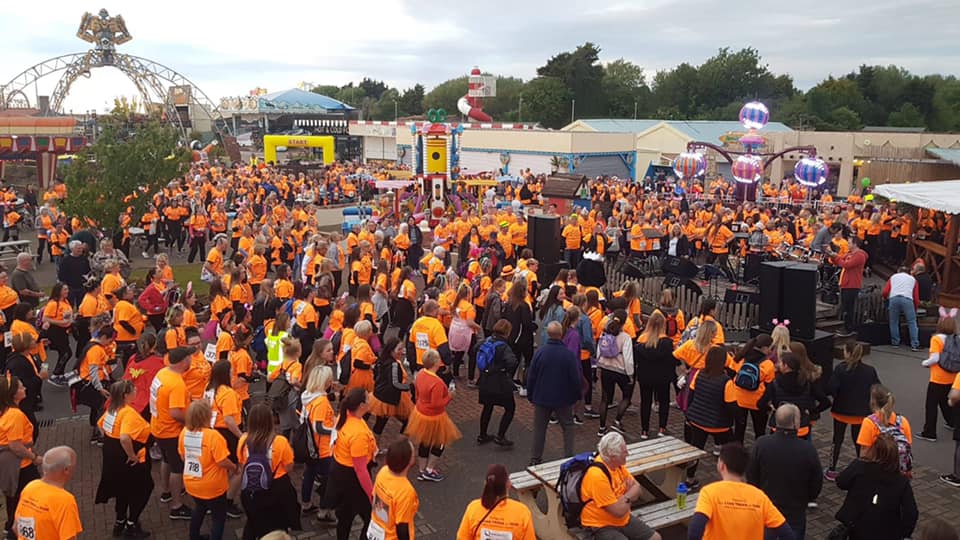
 Subscribe
Subscribe Follow Us
Follow Us Follow Us
Follow Us Follow Us
Follow Us Follow Us
Follow Us Follow Us
Follow Us











